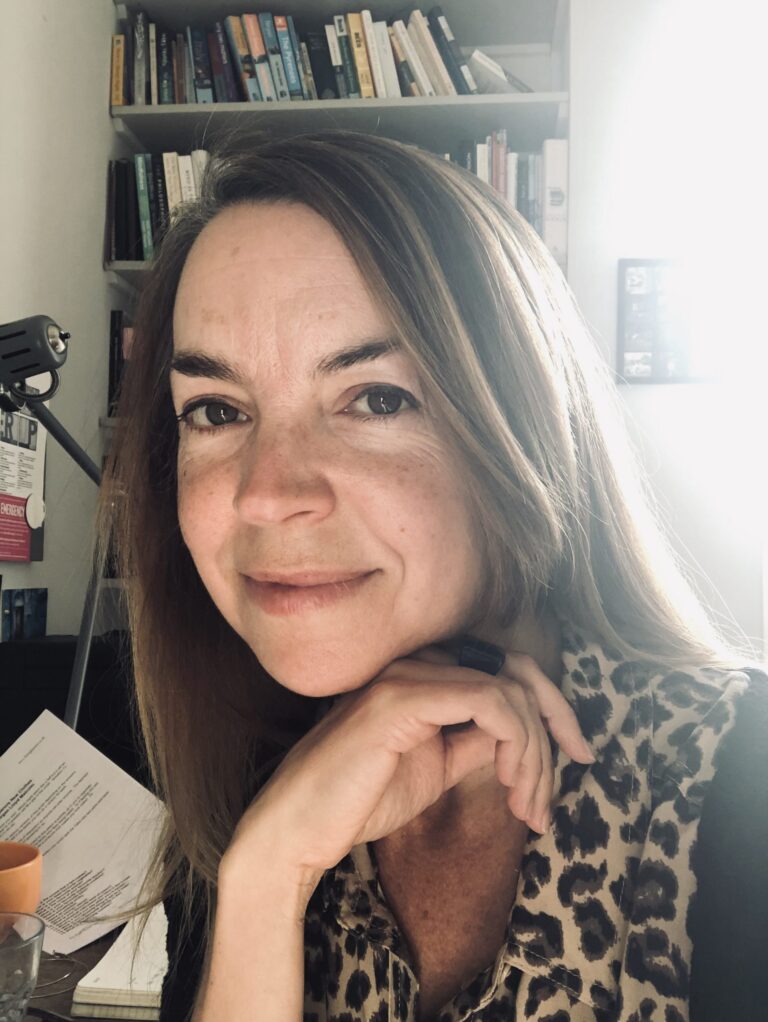Emilie Diouf’s research and teaching reflect her interdisciplinary background in African Literature, African American and African Studies, as well as Women’s and Gender Studies. She is interested in the relationship between narrative, migration, trauma, and human rights, particularly expanding the field of trauma studies to include more substantially the voices of African women refugees. Since African women refugees trauma narratives represent subjectivities shattered by violence, they are imbricated into the socio-economic and political transits of cultural production, circulation, and reception. She uses trauma theory to explore the ways in which African women survivors of civil war and genocide narrate the large-scale violence inflicted upon them.
Emilie’s research in African women’s literature forms a bridge to Francophone Caribbean Women’s literature, and to black feminist theory. Comparisons of various women’s cultural productions across the African Diaspora enhance critical inquiry into systemic violence and the promotion of gender justice. Emilie is interested in diversifying the field of feminist studies through cross cultural analysis that allows us to rethink new feminist paradigms that could take into consideration Black women’s unique conditions.
Emilie teaches at Brandeis University in the Department of English. Her published work includes: “Movement of the Female Body: Re-imagining Black Diasporic Women’s Writings.” In “New Frontiers in the Study of the Global African Diaspora: Between Unchartered Themes and Alternative Representations.” Edited by Glenn Chambers, R. Kiki Edozie, and Tama Hamilton-Wray. MSU Press, Forthcoming 2017. “I Just Wanted To Forget It All. But It Was Impossible:” Umutesi and the Politics of Testimony in Surviving the Slaughter: The Ordeal of a Rwandan Refugee in Zaire.” In “Under Fire: Critical Discourses on African Women in War and Conflict.” Edited by Pauline Ada Uwakweh. Lexington Books, 2016.
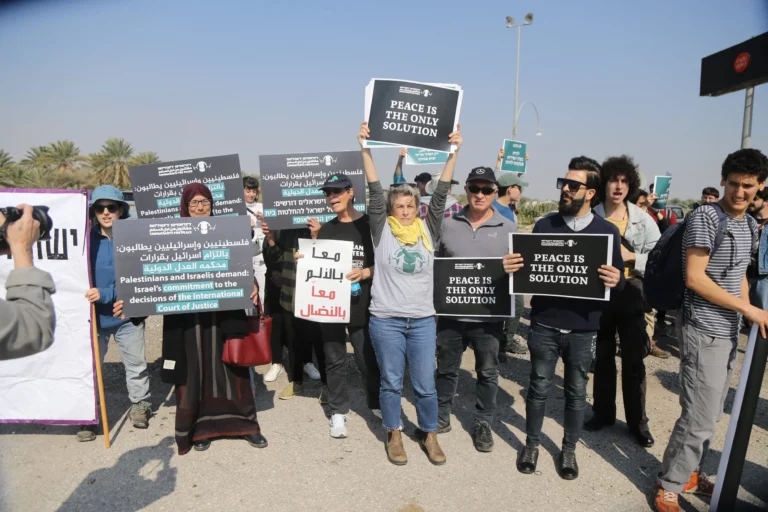
Combatants for Peace
Asia, IsraelAsia, Palestine

Mariah en Makayla Madill
North America, Canada
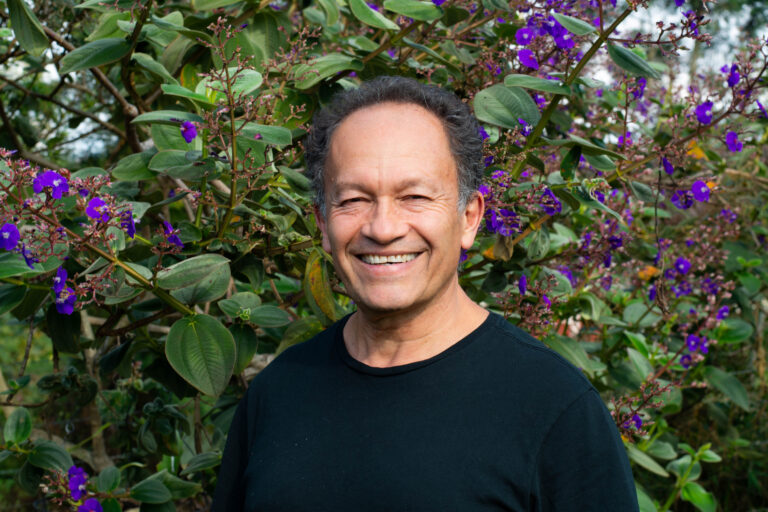
Héctor Aristizábal
South America, Colombia
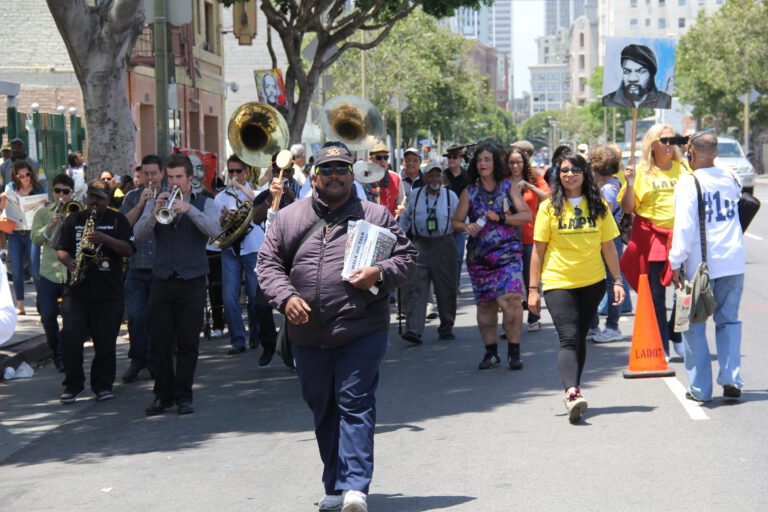
Los angeles poverty department
North America, United States, Los Angeles
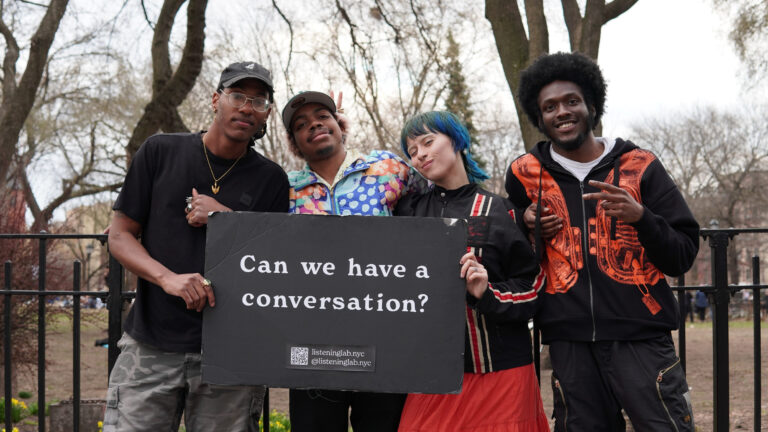
Listening Lab
North America, United States, New York
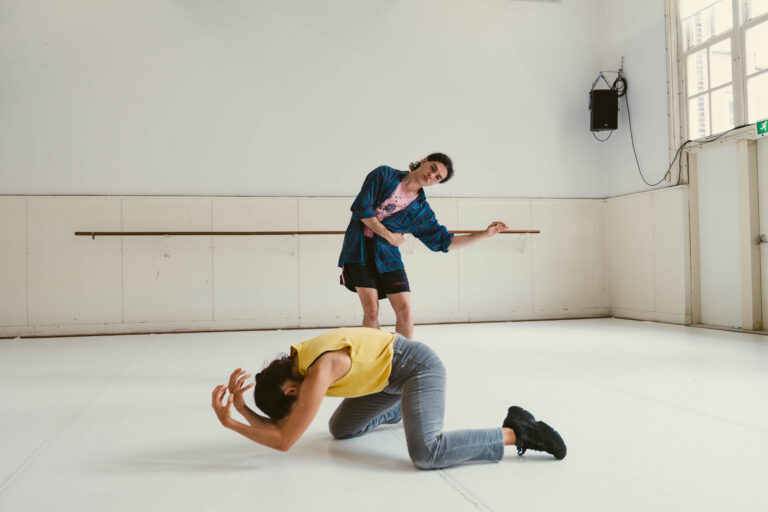
Amparo González Sola
South America, Argentina, Buenos Aires
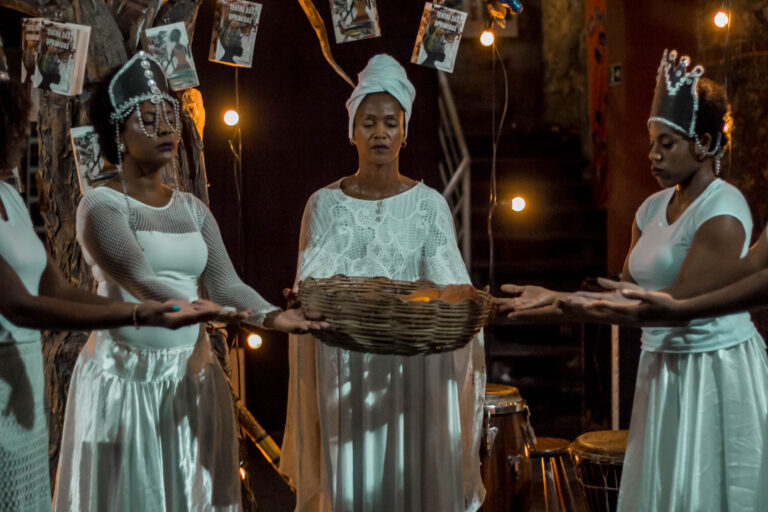
CTO-Maputo Centro de Teatro do Oprimido
Africa, Mozambique
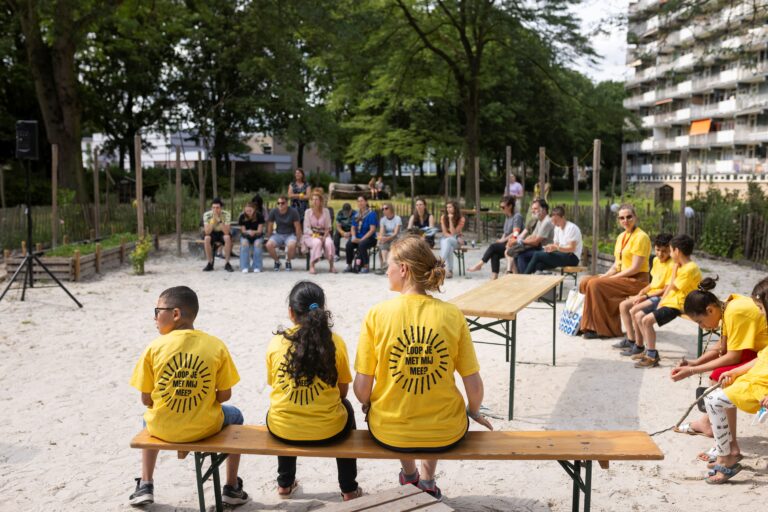
Het Laagland
